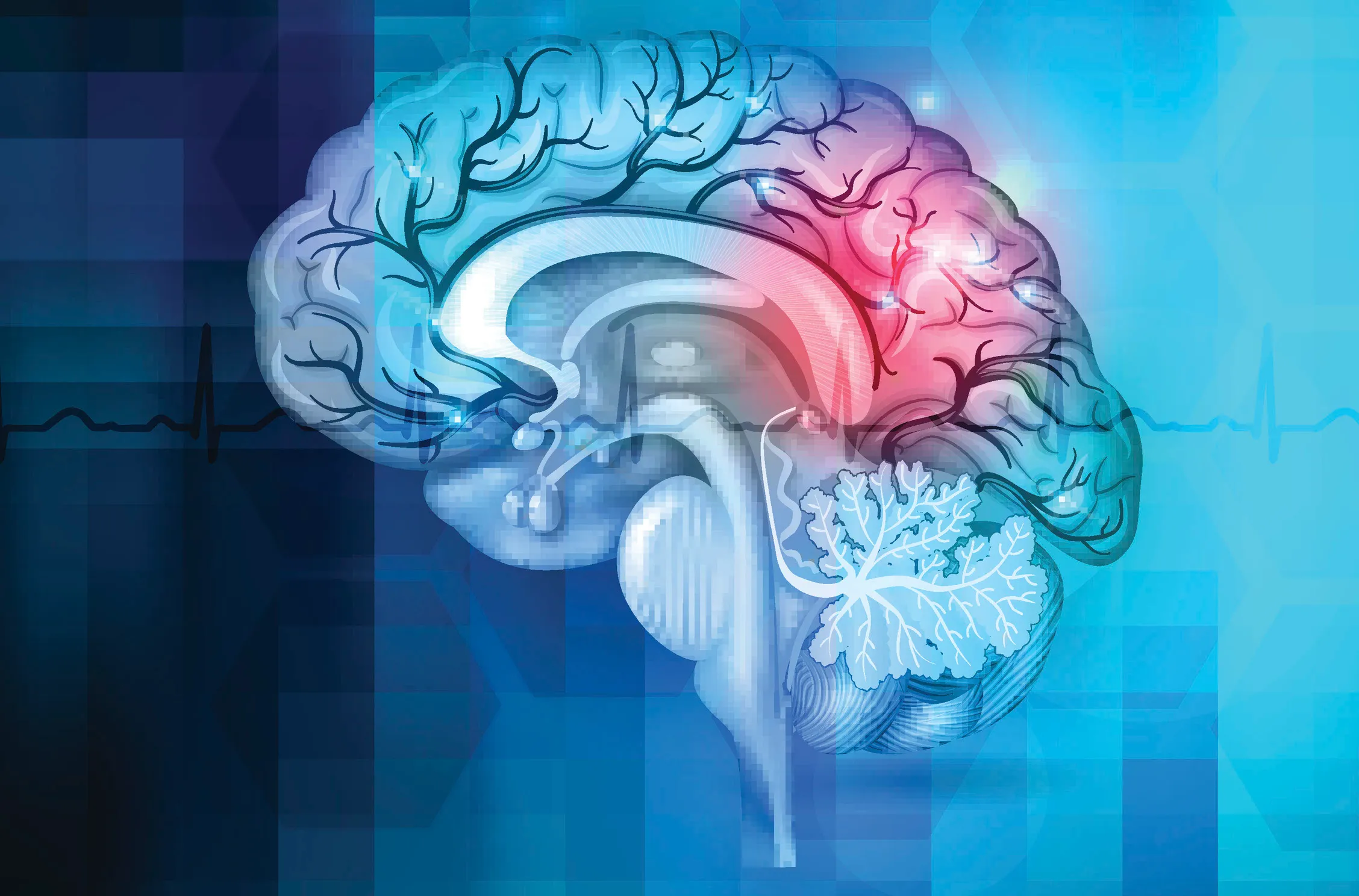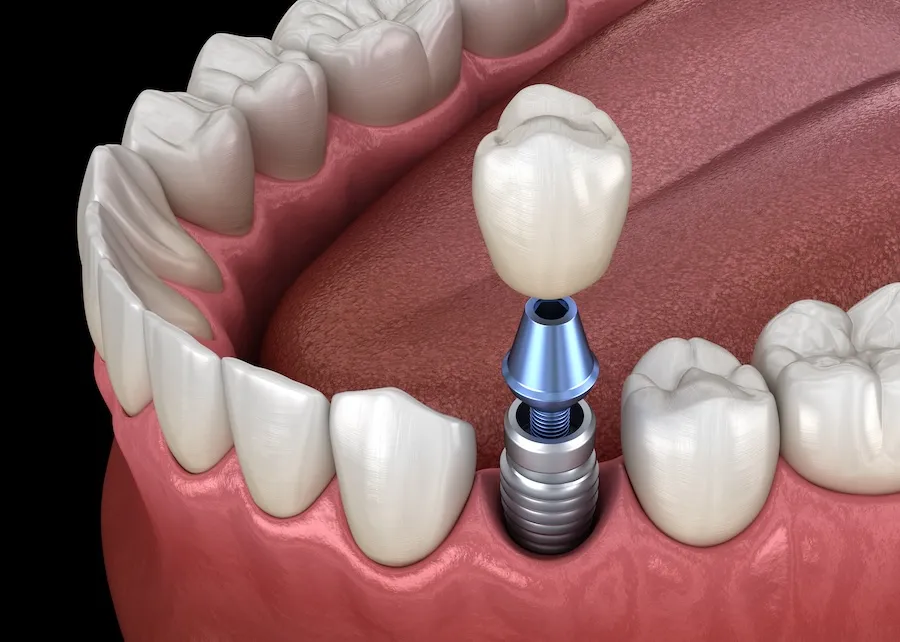How Neurology Plays a Role in Preventing and Managing Stroke
Strokes are a major health concern globally, particularly for adults and seniors. They are the leading cause of disabilities among adults and rank as the fifth leading cause of death in the United States. While the effects of a stroke can be life-altering, advancements in neurology offer hope in both prevention and management. Here’s more on the connection between neurology and stroke care, highlighting stroke types, symptoms, and the role neurology plays in diagnosis and management:
Understanding Strokes
A stroke occurs when blood flow to the brain is interrupted, depriving brain cells of oxygen and nutrients. This can happen suddenly and may cause permanent brain damage. Strokes commonly result from two scenarios: a blocked artery or the bursting of a blood vessel. Several factors, such as hypertension, smoking, high cholesterol, and a sedentary lifestyle, can increase the likelihood of experiencing a stroke. Neurology helps stroke patients by giving focused treatment plans and management tactics.
Types of Strokes
Not all strokes are the same. Identifying the specific type is key for appropriate medical intervention. The three primary categories of strokes are:
- Hemorrhagic Stroke: A hemorrhagic stroke happens when a blood vessel in the brain leaks or bursts, resulting in bleeding in or around the brain. High blood pressure and aneurysms are common causes. Neurologists employ tools like CT scans and MRIs to identify the location and severity of the bleeding.
- Ischemic Stroke: This is the most common type of stroke. It occurs when a blood clot or other obstruction blocks blood flow to the brain. Neurology can assist in diagnosing an ischemic stroke through imaging techniques and blood flow studies.
- Transient Ischemic Attack (TIA): Often referred to as a “mini-stroke,” a TIA is a temporary blockage of blood flow to the brain. Symptoms may resolve within minutes or hours without permanent damage, but these episodes are warning signs of a potential future stroke. Early neurology intervention can help mitigate long-term risks.
Symptoms of Strokes
Symptoms of a stroke can vary widely, but recognizing these symptoms and seeking immediate medical attention can significantly improve health outcomes. The following are some common indicators to be mindful of:
- Difficulty speaking or understanding speech
- Dizziness or a loss of balance and coordination
- A sudden, severe headache with no known cause
- Trouble seeing in one or both eyes
- Weakness, numbness, or paralysis in the face, arm, or leg, often affecting one side of the body
Benefitting From Neurology
Neurology focuses on nervous system disorders, including the brain, spinal cord, and nerve networks. Neurologists specialize in understanding and treating conditions that could increase the risk of strokes. By combining advanced diagnostic tools with preventive strategies, they play a key role in reducing the occurrence and impact of strokes.
- Diagnosis: Early diagnostics are key in stroke prevention. Neurologists use imaging technology like MRI scans and CT scans to identify underlying conditions such as the narrowing of blood vessels or aneurysms. These tests help pinpoint areas of concern and guide treatment plans.
- Prevention: Preventive neurology involves managing risk factors that contribute to strokes. This can include developing strategies to control blood pressure, cholesterol levels, and diabetes. Neurology can also guide lifestyle modifications like dietary changes, physical activity, and smoking cessation to reduce long-term stroke risks.
- Post-Stroke Rehabilitation: Stroke recovery often involves physical therapy, occupational therapy, and speech therapy, guided by neurologists to help regain function and quality of life. Targeted rehabilitation programs focus on retraining the affected parts of the brain and improving overall neural health.
Neurology and You
Neurology’s role in preventing and managing strokes is multifaceted and contributes significantly to minimizing their impact on individuals and communities. Whether through early diagnostics, preventative care, or guiding recovery post-stroke, neurologists provide expertise in combating one of the leading health challenges of our time. For individuals who have had a stroke or face significant risk factors, managing the condition with a neurologist’s guidance is invaluable, so contact a neurologist today.











Post Comment